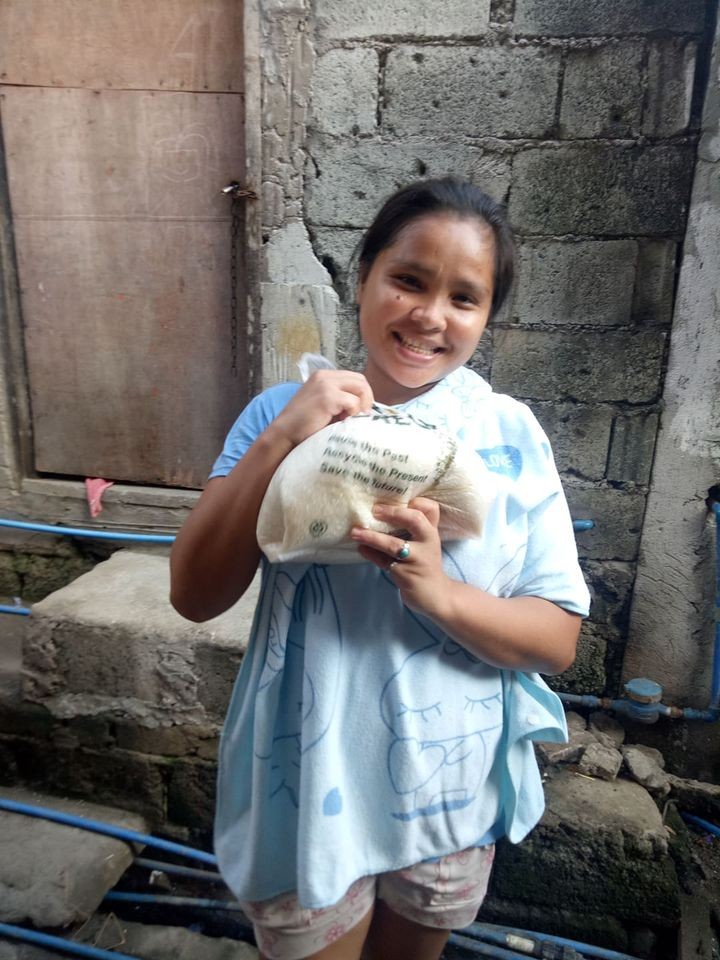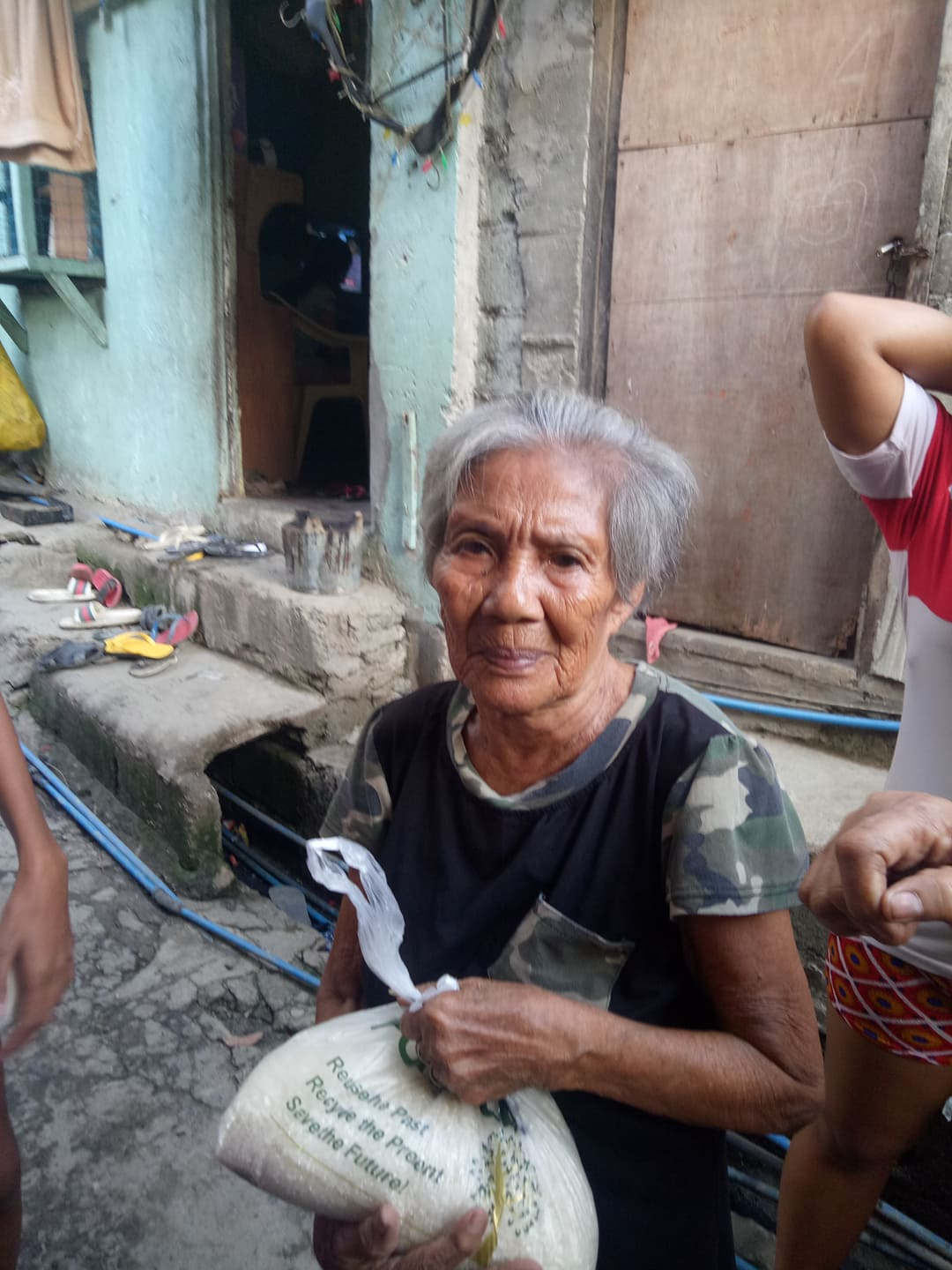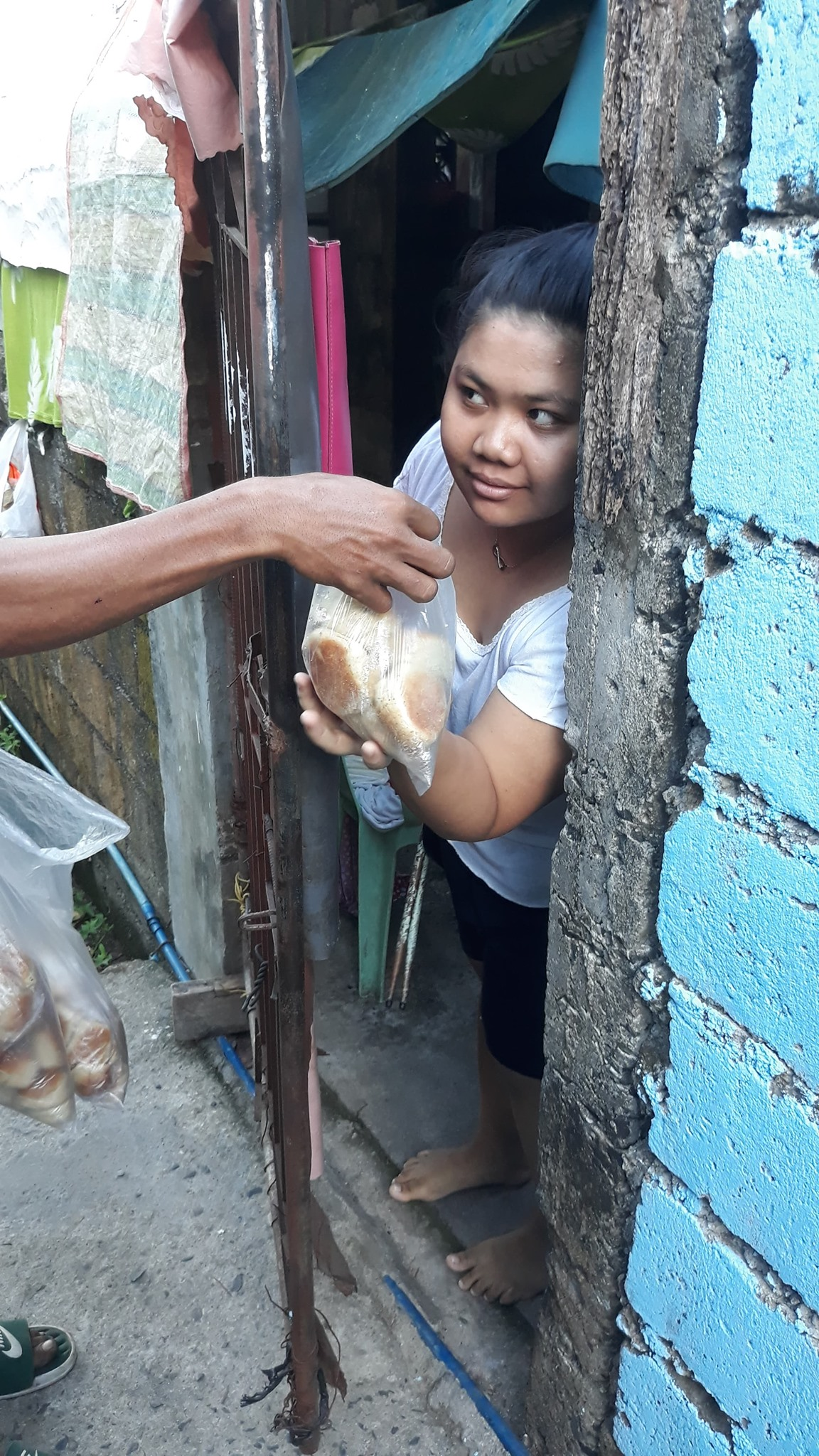
THE KINGDOM OF GOD = RICE
Gospel Reflection: John 6: 30-35
In my earlier years of theological study, I happened to be under a Jesuit professor, the late Fr. Carlos Abesamis, in a class called A Third Look at Jesus. Later, his class notes were published into a book which became famous with the same title. But way back in the 1980s, the notes we were reading were in mimeographed newsprints.One of the lessons in that class struck me as strange: “The Kingdom of God = Rice”. There is something about it which my young mind could neither grasp nor explain.The gospel reading today gives a hint to solve my difficulty.The Jewish crowd posed to Jesus a question: What signs can you show to prove that you are the Messiah? What miracles can you show for us to believe in you?They hinted at their ancestors’ experience of Moses giving them manna in the desert. To their surprise, Jesus told them: It was God not Moses who gave them that bread – one that gives life to the world. I am that bread, Jesus says. If you follow me, you will never be hungry.To give bread to the hungry, to give drink to the thirsty, to heal the sick, to preach the Good News to the poor are the surest signs of the Kingdom – from his first speech at the synagogue in Nazareth (Luke 4: 16-20) to the metaphor of the Lord’s second coming (Matthew 25: 31-46).The Kingdom of God = rice.The pandemic experience makes me understand this a bit deeper.

The phrase “manna from heaven” means something that comes at a time when you most need it. You did not expect it; it comes as an answer to a prayer in time of one’s deepest need. The Israelites have been hungry and thirsty in the midst of the desert. They complained to Moses; they could have slept with hungry stomachs. But to their pleasant surprise, they woke up the next day to see these white flakes of manna on the ground. And it happened every single day for forty years.Babies did not have milk for sometime now. There is none of it inside the relief packs. There is also no money to buy. But tears of mothers flowed when a box of powdered milk was given. “Now, my baby can eat.” God must be visiting us today.People sleep not knowing where to get breakfast for the next day. In fact, many families do not eat breakfast anymore. They cook their meager rice before noon. The brunch serves as breakfast and lunch to economize on food. So when someone surprises you with a bag of free pandesal in the morning, smiles and happy faces abound to start yet another uncertain day. For God must be visiting us today.BEC mothers and leaders who distribute rice or milk for babies shared to us their touching experience. The poor families shed tears when the rice is handed to them. Maybe they have not eaten for quite sometime. Or, the last kilo has been cooked and, for this meal, there is really nothing. Then someone appears with five kilos of rice at the door. One can only cry in gratitude. They kept repeating the words "than you". That five kilos of rice is truly a sign of God’s kindness. God’s Kingdom must be here in our midst.The kingdom of God = rice.

Yet there is another characteristic of the "manna". You cannot hoard it. When you try to keep more than what you need, it gets spoiled the next day. You cannot use it anyway.In uncertain times, there is a strong temptation to hoard, to save for more uncertain days ahead. You can also see this happening on the ground as people scuttle around relief vans trying to get as much as they can. There are also unscrupulous vendors and businessmen who take advantage during these difficult times.But what really touches me is when the hungry people themselves share the meager food they have. I also see it many times and in many places during this pandemic.One mother got a pack of one kilo powdered milk for babies. One kilo might last two weeks for her small baby. But she volunteered to open the pack, divided it for the four other infants in her neighborhood.I have seen how waste-pickers under the bridge share their rice, noodles and sardines together in a meal to economize of their meager food. These “other people” are strangers whom they just met as they beg on the streets that day.In the time of pandemic, the Eucharist is not accessible except online. The bread of life is not broken in churches. But the Eucharist continues to be celebrated --- in our homes, in poor communities, under the bridges, at the side streets --- as people share rice, bread, food and their lives.The Jewish crowd asked from Jesus a sign for them to believe him. Jesus' reply was his whole life.The kingdom of God = rice… ground, broken and shared.
Daniel Franklin E. Pilario, C.M.
St Vincent SchoolofTheology
Adamson University
danielfranklinpilario@yahoo.com
04.28.2020


